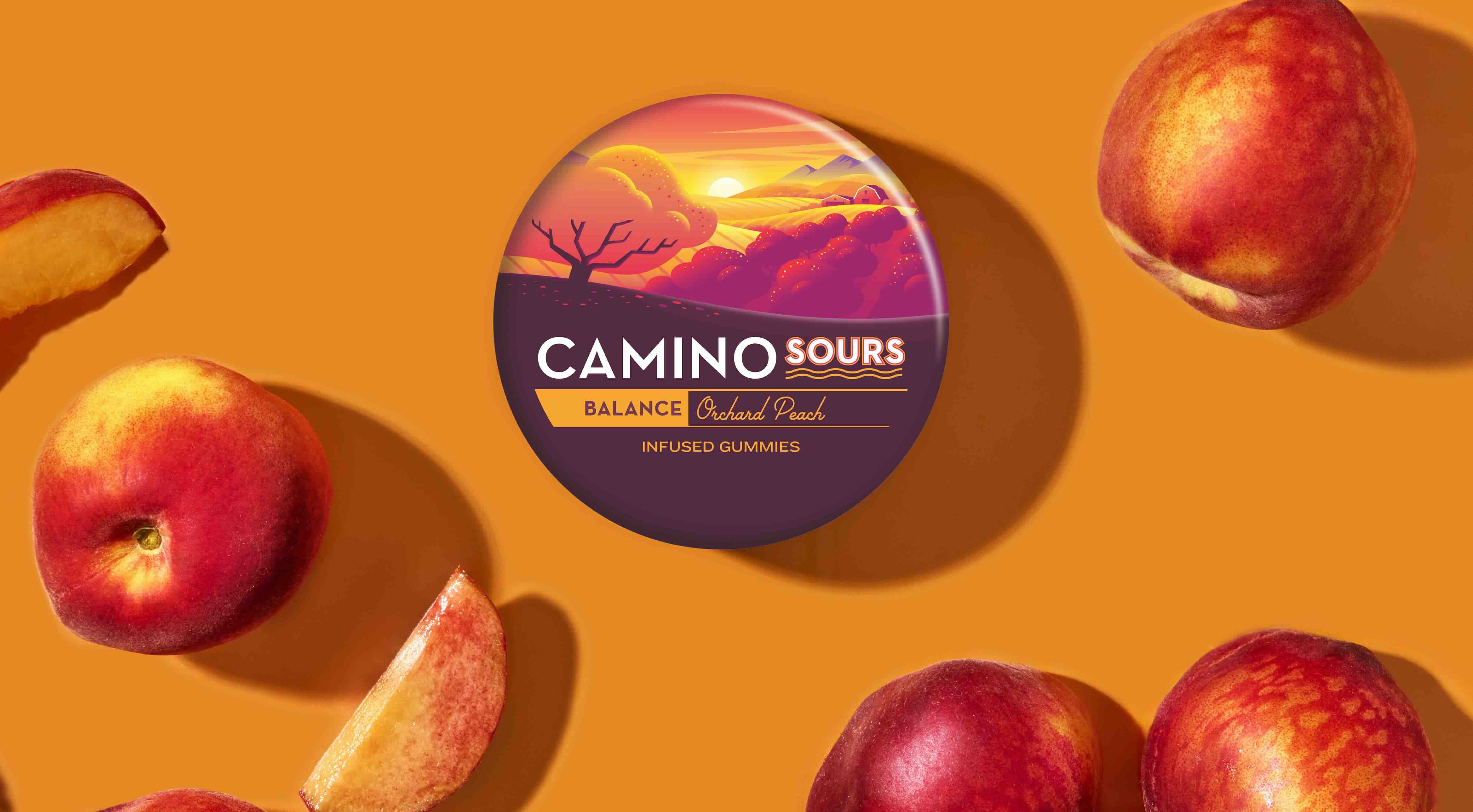Cleaning products like laundry detergent and dish soap are essential to modern life, but they can be damaging to the environment, leading researchers to explore a variety of eco-friendly alternatives.
A recent American Chemical Society study summarized on Phys.org has shown that a new detergent made from tiny wood fibers and corn protein can work just as well as traditional products without harmful effects on the ecosystem.
Household cleaners that typically contain ingredients like alkylphenol polyethoxylates and phosphates can leach into soil and waterways, which can harm aquatic life and lead to dangerous algae growths.
Efforts to produce more eco-friendly versions have had mixed results, with some cleaners being difficult to make, hard to rinse off, and damaging to some surfaces and fabrics, the summary noted.
This can lead to increased manufacturing costs and higher retail prices, which directly affect consumers.
In the study, researchers found that when they combined cellulose nanofibers from wood with zein protein from corn, a harmonious and effective result was achieved.
Perk up the winter blues with natural, hemp-derived gummies Camino's hemp-derived gummies naturally support balance and recovery without disrupting your routine, so you can enjoy reliable, consistent dosing without guesswork or habit-forming ingredients. Flavors like sparkling pear for social events and tropical-burst for recovery deliver a sophisticated, elevated taste experience — and orchard peach for balance offers everyday support for managing stress while staying clear-headed and elevated.
Learn more → |
Cellulose can both repel and attract water, making it effective at forming emulsions for attracting different types of stains. Zein proteins from corn help to stabilize that emulsion and work to trap oils.
Tests were conducted to see how this natural cleanser would work on cotton fabrics and dishes stained with ink, chili oil, and tomato paste. This was done in comparison to traditional laundry powder and commercial dish soaps.
At equal dilutions of 1% detergent or powder by weight, the natural product wasn't quite as effective as the more environmentally harmful chemical versions were at cleaning cotton cloth.
However, at a 5% concentration, the cellulose/zein product outperformed the other products, leaving no residue on cotton fabrics, and microscopic examination confirmed it was safe for the fabric.
TCD Picks » Upway Spotlight
💡Upway makes it easy to find discounts of up to 60% on premium e-bike brands
|
Which eco-friendly initiative would make you most likely to buy products from a clean beauty brand?
Click your choice to see results and speak your mind. |
As a dish cleaner for ceramic, stainless steel, glass and plastic, the natural alternative proved to be more effective than commercial versions when used at a 5% concentration.
The report concluded that this natural detergent could be an efficient, cost-effective and sustainable replacement for synthetic versions on the market.
Plant-based cleaning products like these break down more easily in the environment, and phosphate-free versions are less toxic to aquatic life.
By using cold water to wash clothes, you can also reduce the energy consumption used to heat water and lower your carbon footprint at home. If possible, switching your gas-powered water heater to a more efficient electric heat pump brand like Cala can lower energy bills and reduce indoor pollution as well.
Lastly, given that cleaning products are commonly sold in plastic containers, it's important to try to find plastic-free packaging alternatives where possible to reduce ecosystem pollution, and be sure to recycle containers you do use.
Join our free newsletter for weekly updates on the latest innovations improving our lives and shaping our future, and don't miss this cool list of easy ways to help yourself while helping the planet.














